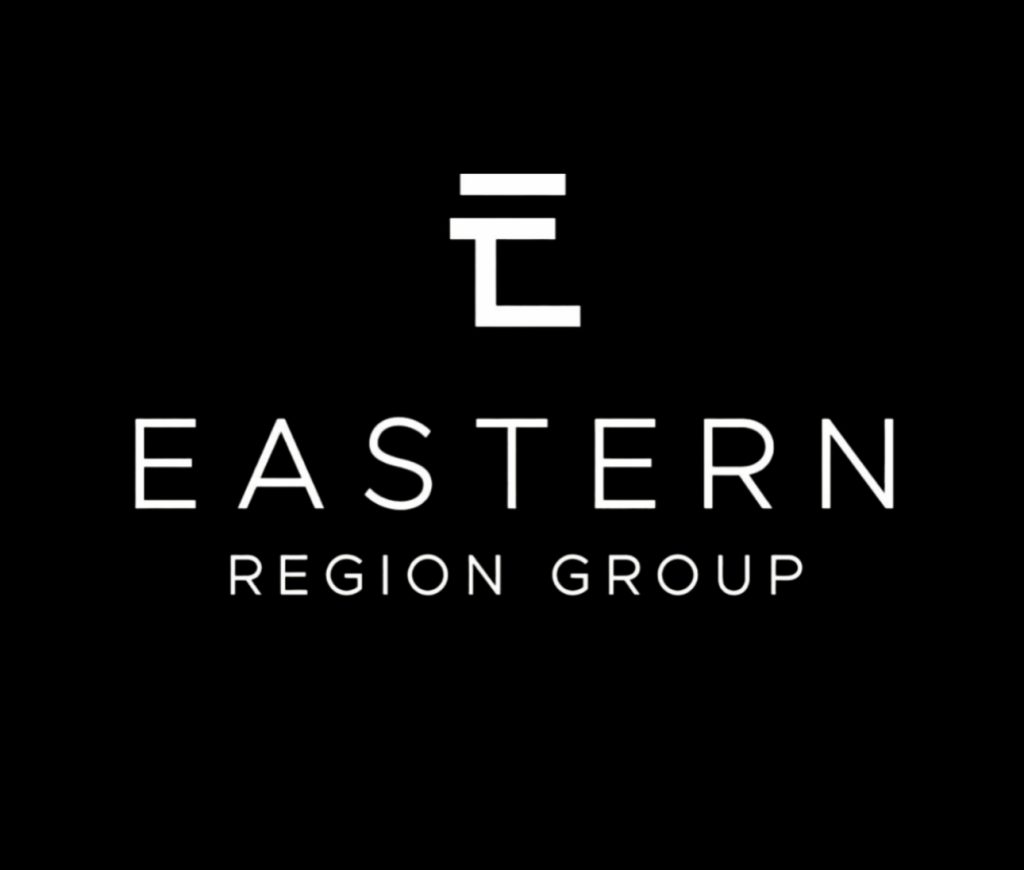Dubai, United Arab Emirates, July 25th, 2025, Chainwire
Eastern Region Group announced the publication of a new analysis examining recent shifts in crypto business migration patterns, with a particular focus on movement between Singapore and Dubai. Based on the firm’s direct experience advising digital asset companies, investors, and international founders in both jurisdictions, the report outlines key regulatory, operational, and strategic factors influencing these relocations and explores the broader implications for the digital assets industry.
Over the past year, a decisive shift has taken place in the global crypto market. For more than a decade, Singapore was seen as the go-to destination for digital asset businesses in Asia — offering regulatory credibility, political stability, and institutional respect. But that reputation has come under pressure.
In 2025, the Monetary Authority of Singapore (MAS) introduced a sweeping requirement: any crypto company serving clients abroad must obtain a full domestic license — regardless of whether they onboard Singaporean users or not. There was no grace period, no transitional licensing path, and no exemptions for smaller players or startups.
As a result, a number of major crypto firms have begun shifting their core operations to Dubai, a jurisdiction that increasingly offers what Singapore no longer can: regulatory clarity, licensing flexibility, and structural support for global businesses.
From Asia’s Crypto Darling to a Regulatory Bottleneck
Singapore’s goal in tightening its rules was clear: reduce risk, protect retail investors, and prevent crypto-related financial crimes. But in doing so, it has made it almost impossible for non-institutional platforms to grow globally under its regime.
Licensing can take more than a year, and approval is far from guaranteed, even for large, well-capitalized companies. Projects focused on DeFi, tokenization, Web3 services, or blockchain-based financial products often find themselves in legal grey zones, facing operational uncertainty and mounting legal costs.
This shift in regulatory approach has led to a noticeable increase in corporate relocations within the digital assets sector. Several major firms have scaled back their operations or licensing efforts in Singapore, redirecting compliance and operational resources to jurisdictions such as the United Arab Emirates. In parallel, a number of mid-sized platforms and token issuers have withdrawn regulatory applications or suspended expansion plans in Singapore, opting to explore alternative hubs for growth and compliance alignment.
Dubai’s Rise: More Than Just Tax-Friendly
Dubai’s appeal lies not only in its 0% personal income and capital gains tax on crypto earnings, but in the regulatory optionality it offers.
Companies can choose between:
VARA, the world’s first dedicated virtual assets regulator;
DIFC, home to fintech and funds operating under English common law;
ADGM, offering regulated digital finance with direct access to global capital;
Free Zones like IFZA and DMCC for support functions and tech development.
Licensing timelines are faster — often between 4 and 6 weeks — and the process is more transparent, with fewer surprises and stronger regulator engagement. The UAE maintains FATF-aligned AML standards and requires economic substance, giving credibility in the eyes of banks and global investors.
Meanwhile, the government is actively backing blockchain development:
Incentives for Web3 firms and token-based projects
Flagship events like TOKEN2049 Dubai with 15,000+ attendees
Dedicated real estate projects like Crypto Tower, turning the city into a global hub for next-gen digital finance
What This Means for the Industry
The decision between Singapore and Dubai is no longer only about geography — it’s about vision. One model is increasingly focused on restriction and containment. The other enables innovation under clear rules.
For founders, investors, and developers, Dubai is no longer the backup — it is the benchmark for globally scalable, legally sound, and economically viable crypto ventures.
Eastern Region Group: At the Forefront of the Shift
Eastern Region Group is actively tracking regulatory shifts and policy developments across major financial centers, with particular attention to the United Arab Emirates. The firm’s regulatory specialists identify Dubai as a jurisdiction gaining prominence in the global digital assets sector.
In response to these developments, Eastern Region Group has expanded its focus on Web3 strategy, licensing, and corporate structuring. The firm offers advisory services to companies evaluating jurisdictional options to support scalable and compliant digital asset operations.
About Eastern Region Group
Eastern Region Group, where expertise meets innovation, and tailored solutions pave the way to a business’s triumph. At ERG, they are more than just a service provider. They’re a strategic ally, dedicated to supporting business founders, investors, employees, and their families in navigating the complex world of business in the United Arab Emirates and abroad.
Users can find out more at Business assistance in the UAE – «ERG».
Contact
Tatjana Andreeva
[email protected]
The post Eastern Region Group: Crypto Firms Shift from Singapore to Dubai Amid Regulatory Changes appeared first on Chainwire.

